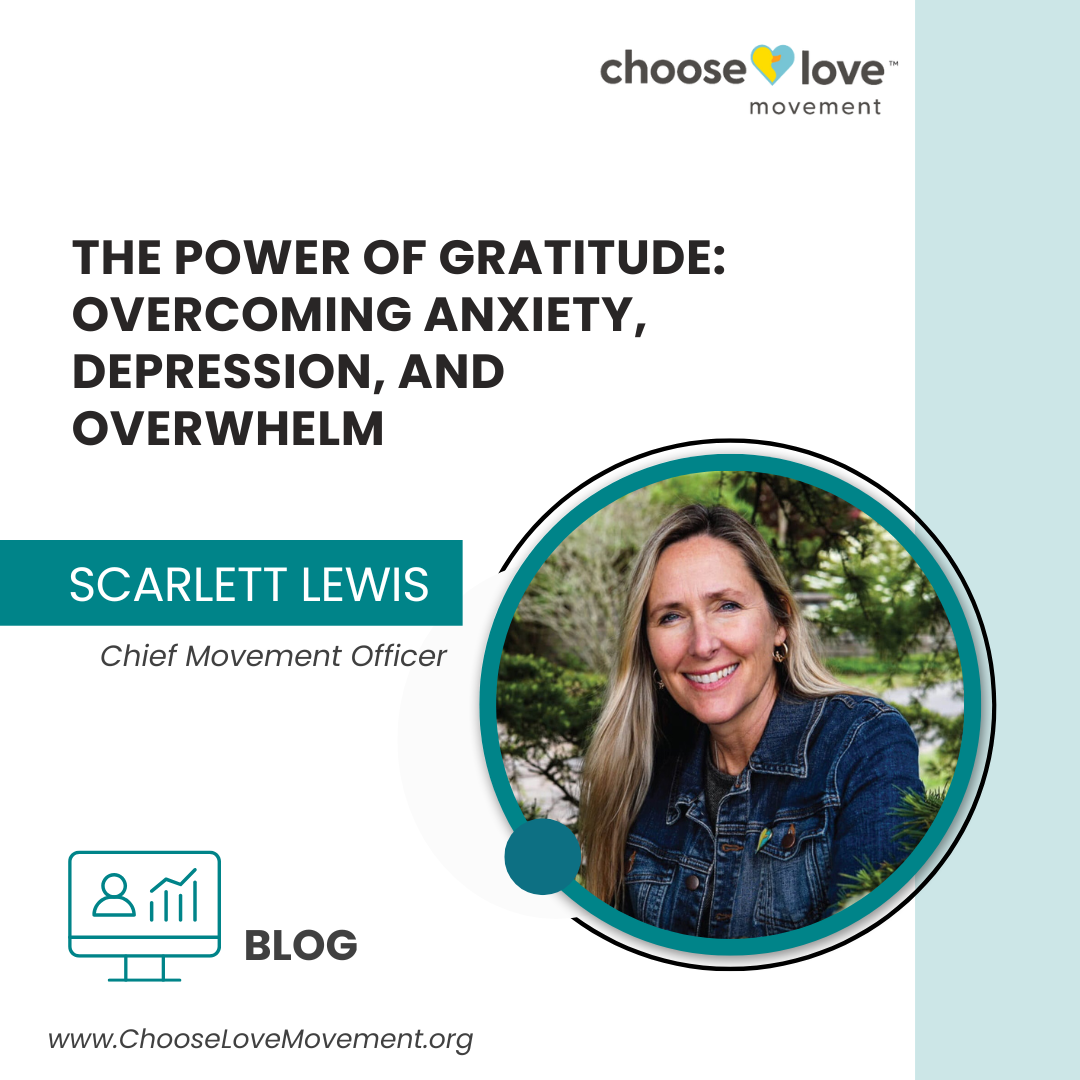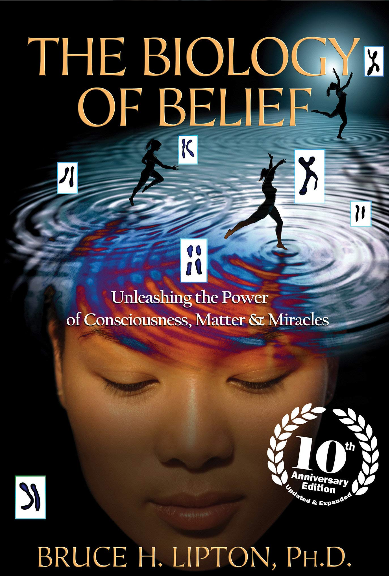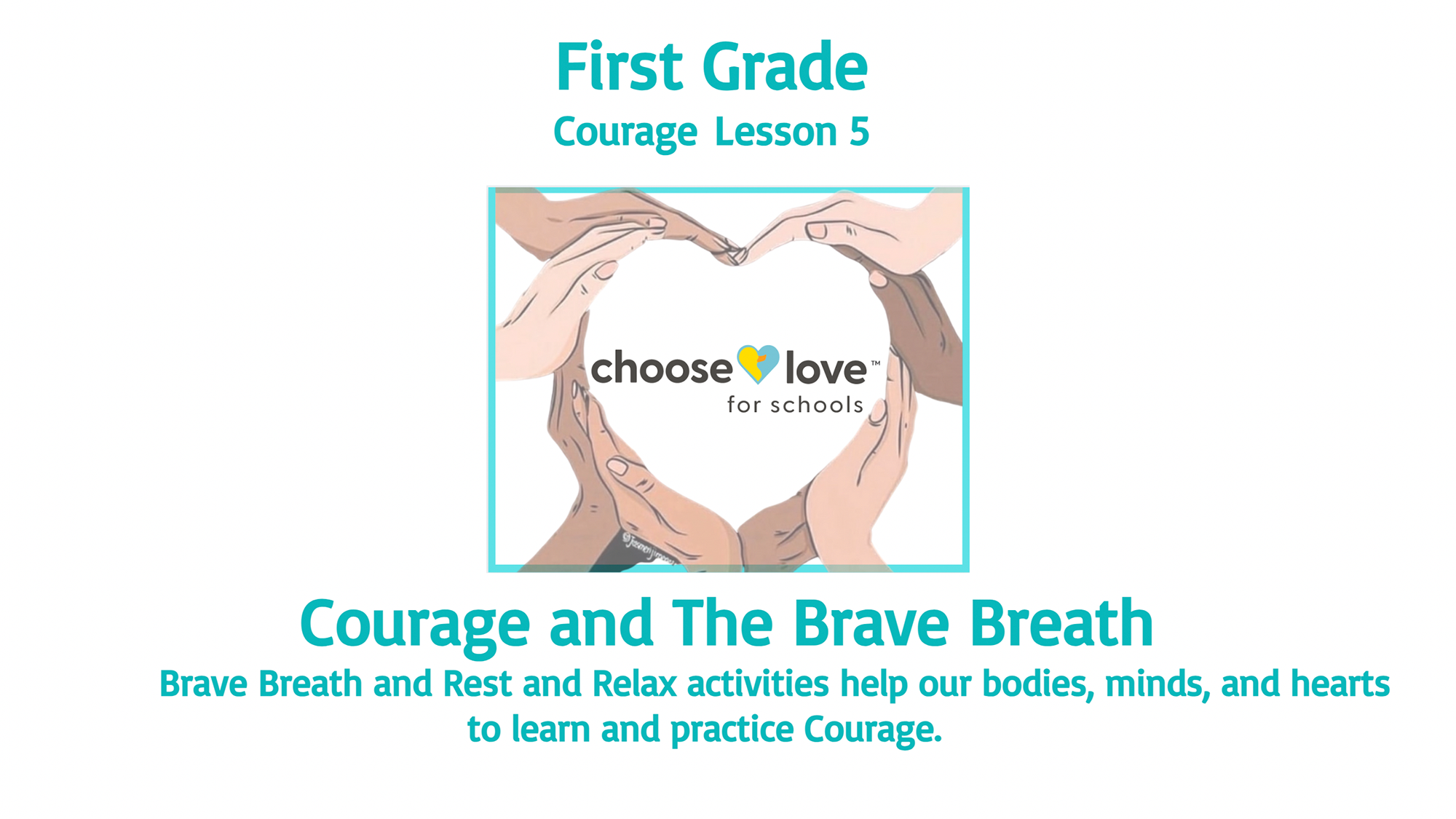Gratitude, a simple yet profound emotion, serves as a potent antidote to negativity, anxiety, depression, and the feeling of being overwhelmed. In today’s fast-paced world where stress and anxiety are common companions, the practice of gratitude can be transformative.
Gratitude fortifies us from the inside out to be better able to face difficulty in life and move through it with more strength and grace. Being grateful for what I had following Jesse’s murder, focusing on my family and friends that were there for me, the love I was receiving from the world, and even the glorious time I had with Jesse all helped increase my resilience and model this post traumatic growth for others.
The Science Behind Gratitude
Research has consistently demonstrated that gratitude has significant psychological benefits. A study published in *The Journal of Positive Psychology* revealed that a single, thoughtful act of gratitude could enhance happiness by 10% and decrease depressive symptoms by 35% (Seligman et al., 2005). However, these effects are not permanent, typically dissipating within three to six months, highlighting the necessity of regular gratitude practice.
Simple Ways to Practive Gratitude
– Journaling: Keeping a gratitude journal where you record daily moments of thankfulness can solidify a gratitude practice. Reflecting on these entries can provide solace during trying times.
– Mindful Reflection: Dedicate a few moments each day to reflect on things you are grateful for. This practice can reset a negative mindset and foster a sense of peace.
– Gratitude Meditation: Incorporating gratitude into meditation practices can deepen the emotional experience, encouraging relaxation and positive thinking.
– Expressing Thanks: Actively expressing gratitude towards others strengthens social bonds and reinforces feelings of appreciation.
Gratitude is a powerful emotion with the capability to significantly improve mental health. Practicing gratitude alongside courage, forgiveness, and compassion-in-action offers a robust pathway to overcome anxiety and depression, cultivating a life filled with love and happiness. By making gratitude a habitual practice, we can harness its lasting benefits and foster a more resilient, positive mindset. In this way, we can model this for our children and others to create a ripple effect of relief and lay a pathway to joy.


















